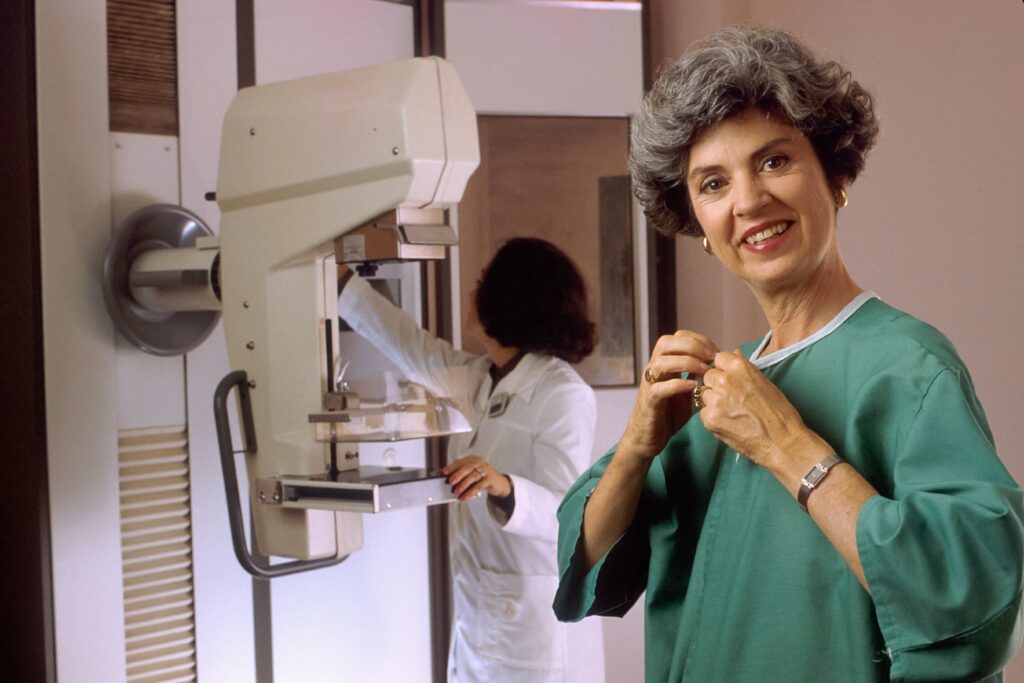
Title
Enhancing patient engagement in the care of adult cancer survivors and caregivers through a psychoeducational supportive care in the interior region of British Columbia.
Background
Cancer wields an enormous health burden on Canadian society. As such, to ensure quality and continuity, it is time to co–develop psychoeducational supportive care for increasing patient engagement in care for cancer survivors and their caregivers. This research proposes to fill such a gap and to advance our knowledge how to improve patient health outcomes. As such this project will employ a community participatory action research methodology with partners, collaborators and stakeholders including cancer survivors and caregivers. Community stakeholder engagement workshops with knowledge-users will be ongoing to strengthen our community relationships and partnerships to other regions of British Columbia (BC).
Goals and Objectives
The goal of the proposed research is to co-develop a psychoeducational supportive care with equity-deserving groups, as key stakeholders, for ensuring a novel patient and caregiver engagement in care and in the development and validation processes of a psychoeducational supportive care.
To obtain this goal our Research Objectives include:
- Creating a series of integrated knowledge translation tools with knowledge holders and users to employ towards a pilot psychoeducational supportive care.
- Developing a pilot psychoeducational supportive care that will integrate patients’ experiences with existing cancer care, with a clear intention to contextualize the experiences of equity deserving groups.
- Engage and share with study results with key stakeholders to create a robust cancer care network dedicated to improvement of cancer services.
This study will explore patient care in design and operation of cancer navigation of cancer networks. This study will discuss patients’ barriers to, and facilitators of, accessing cancer care services and proposing a quantitative modeling framework. The impact of the existing supportive cancer care services through patient engagement in care of heterogenous patient populations will be reviewed. The research development will show how pilot psychoeducational supportive care can improve collaborative practice, holistic understanding, and patient satisfaction, which may be used by healthcare professionals, providers, leaders and administrators when determining how to bridge the gap in health care inequities and how to improve cancer care through a novel approach to psychoeducational supportive care and as a result may provide positive patient-reported outcomes. A key outcome of the knowledge sharing summits will be to co-create a plan to operationalize the development of a novel approach to psychoeducational supportive care strategies and the formation of a community advisory group to continue the work of accountability for the development of the psychoeducational supportive care for equity-deserving groups in rural and remote areas in BC. The study will demonstrate the application of proposed cancer navigation framework and develop policy insights towards equity oriented care.
